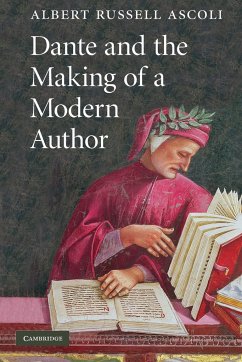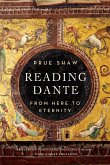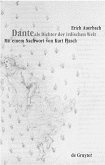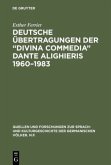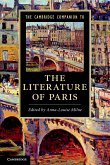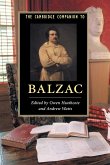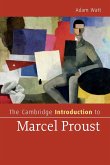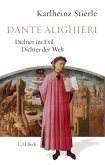Leading scholar Albert Russell Ascoli traces the metamorphosis of Dante Alighieri - minor Florentine aristocrat, political activist and exile, amateur philosopher and theologian, and daring experimental poet - into Dante, author of the Divine Comedy and perhaps the most self-consciously 'authoritative' cultural figure in the Western canon. The text offers a comprehensive introduction to Dante's evolving, transformative relationship to medieval ideas of authorship and authority from the early Vita Nuova through the unfinished treatises, The Banquet and On Vernacular Eloquence, to the works of his maturity, Monarchy and the Divine Comedy. Ascoli reveals how Dante anticipates modern notions of personalized, creative authorship and the phenomenon of 'Renaissance self-fashioning'. Unusually, the book examines Dante's career as a whole offering an important point of access not only to the Dantean oeuvre, but also to the history and theory of authorship in the larger Italian and European tradition.
'This brilliant beast of a book has serious designs on your attention. Beautifully written, it has all the page-turning tension of a giallo, Italian detective fiction, but the pages turn slowly since the argument is carefully plotted and highly qualified ... In writing this ultimate work of Dante criticism, Ascoli inevitably courts comparisons with the ultimate author, Dante himself. Such comparisons are, for the most part, skilfully deflected by nice touches of humor and by the rare citational generosity ... a magnificent book of a prize-winning kind. It attests to the singular intelligence and vigor of North American Dante studies.' David Wallace, Speculum

